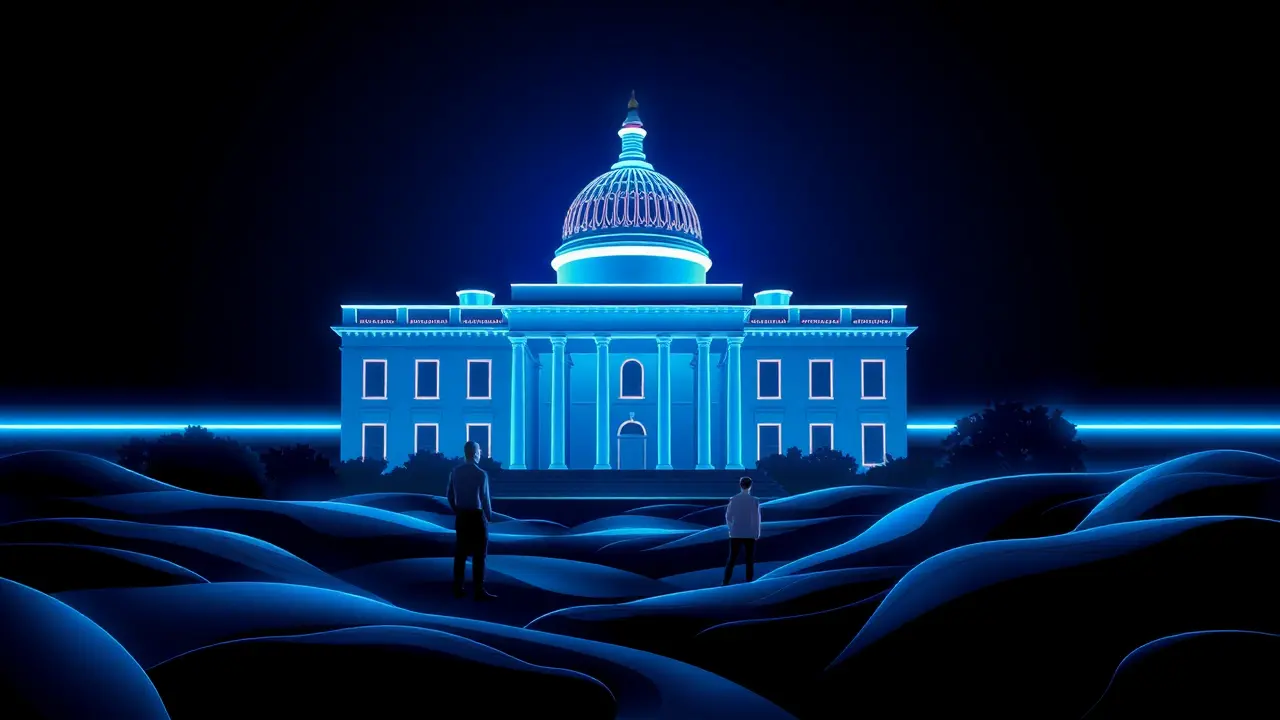
Politicsgovernments & cabinetsPolicy Agendas
Trump's Arts Policy Demands a Unified Response
RO
Robert Hayes
1 day ago7 min read
The political landscape surrounding arts and culture is undergoing a seismic shift, one that demands a strategic and unified response from the cultural sector. Donald Trump's unprecedented focus on this arena, far from being a peripheral issue, presents a consequential moment that historians may well mark as a defining chapter in the relationship between the American presidency and its cultural institutions.This is not merely about budget allocations or ceremonial appearances; it is a fundamental recalibration of the state's role as a patron, critic, and arbiter of national expression. To understand the gravity of this moment, one must look to historical precedents, from the New Deal's Federal Art Project, which employed thousands of artists and fundamentally shaped the nation's public aesthetic, to the Cold War-era deployment of American abstract expressionism as a tool of cultural diplomacy against Soviet influence.These historical parallels reveal that when a presidency chooses to engage deeply with the arts, the ramifications extend far beyond gallery walls, influencing international perception, economic vitality in creative sectors, and the very narrative of national identity. A fragmented, ad-hoc reaction from museums, universities, and artist collectives would be a catastrophic failure of strategy, akin to a political campaign without a platform.The sector must now mobilize with the cohesion of a wartime cabinet, formulating a response that is both principled and pragmatic. This requires a clear-eyed analysis of the administration's stated goals: is the intent to champion a specific, narrow aesthetic tradition, to leverage cultural assets for diplomatic gains, or to fundamentally reshape the National Endowment for the Arts into an instrument of ideological alignment? Expert commentary from policy analysts and former NEA chairs suggests the potential for a re-politicization of grant-making processes, a scenario that could chill artistic freedom and polarize institutional missions.The possible consequences are vast, ranging from the defunding of avant-garde programs to the promotion of art that serves a distinct nationalist narrative, thereby altering the country's cultural exports and its soft power on the global stage. A unified response, therefore, is not about blanket opposition but about constructing a robust, collective voice capable of negotiating, advocating for the sector's economic contributions, and safeguarding the intellectual independence that underpins truly great art.The alternative—a disorganized and reactive cultural ecosystem—would cede the narrative and potentially allow for a century-long legacy of bipartisan, if sometimes tenuous, support for a diverse and challenging American art scene to be dismantled in a single term. This is a political battle for the soul of the nation's culture, and like any major political confrontation, it demands a disciplined, coherent, and powerfully articulated counter-strategy.
#editorial picks news
#Trump
#arts policy
#culture
#government agenda
#unified response
#Artnet
Stay Informed. Act Smarter.
Get weekly highlights, major headlines, and expert insights — then put your knowledge to work in our live prediction markets.
Comments
It’s quiet here...Start the conversation by leaving the first comment.
© 2025 Outpoll Service LTD. All rights reserved.